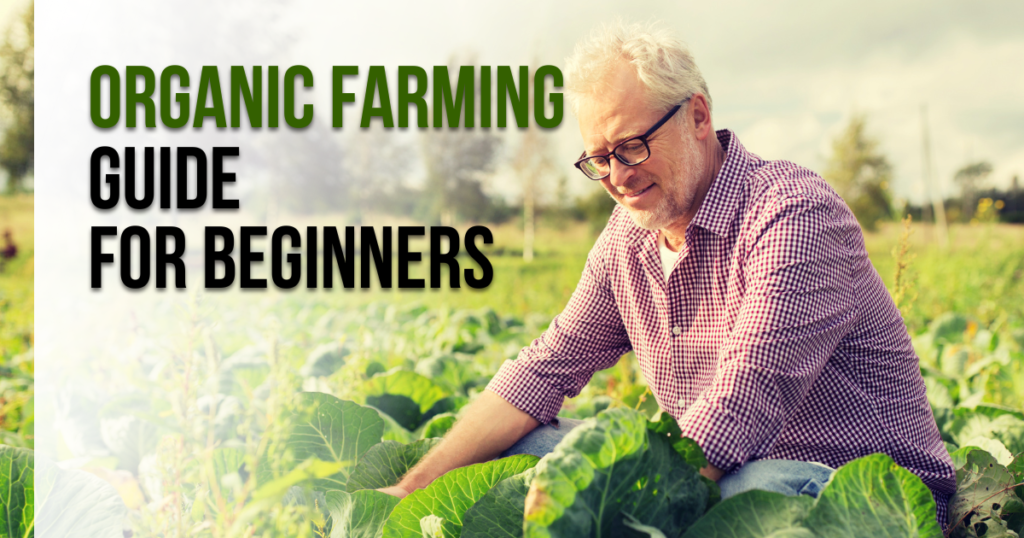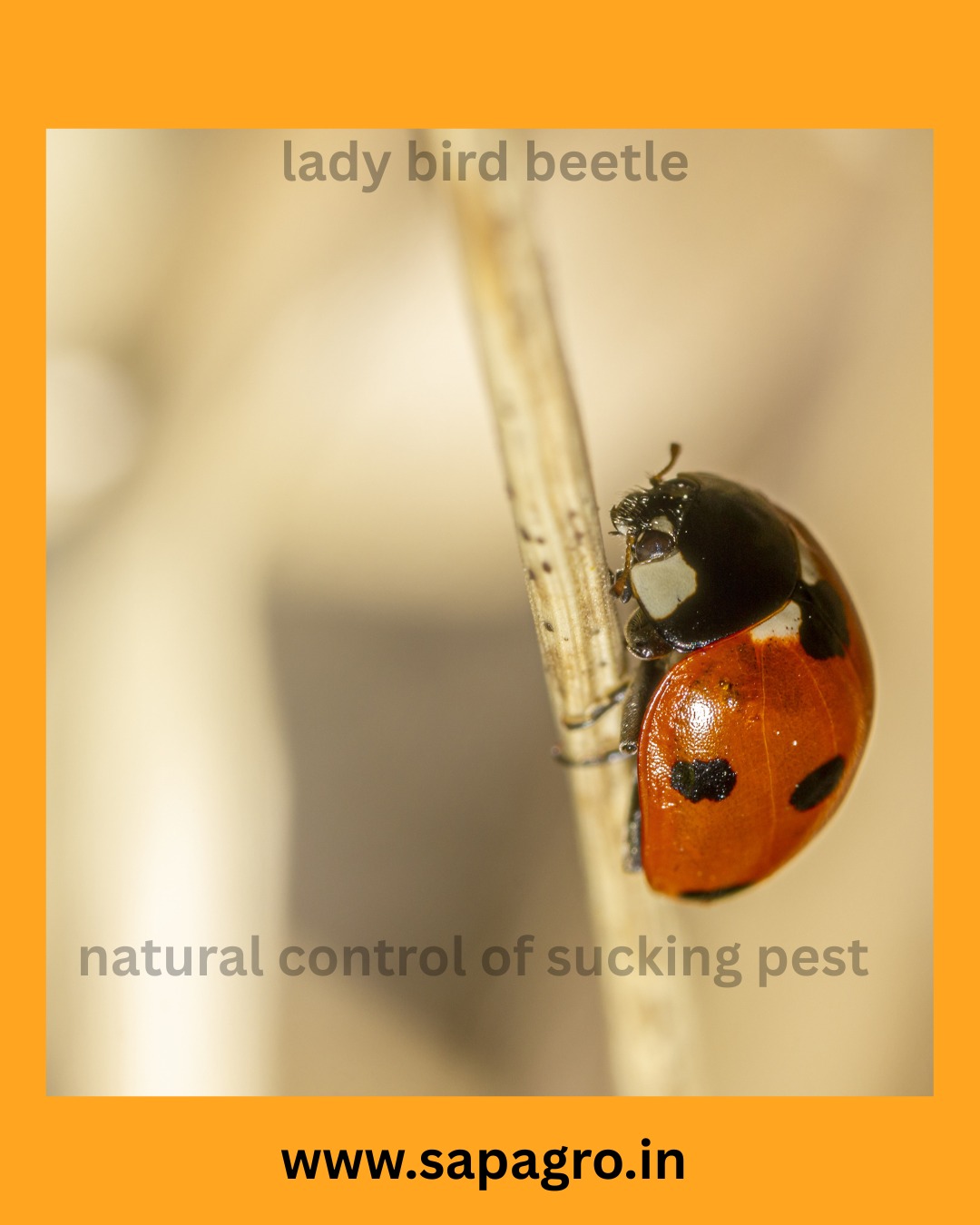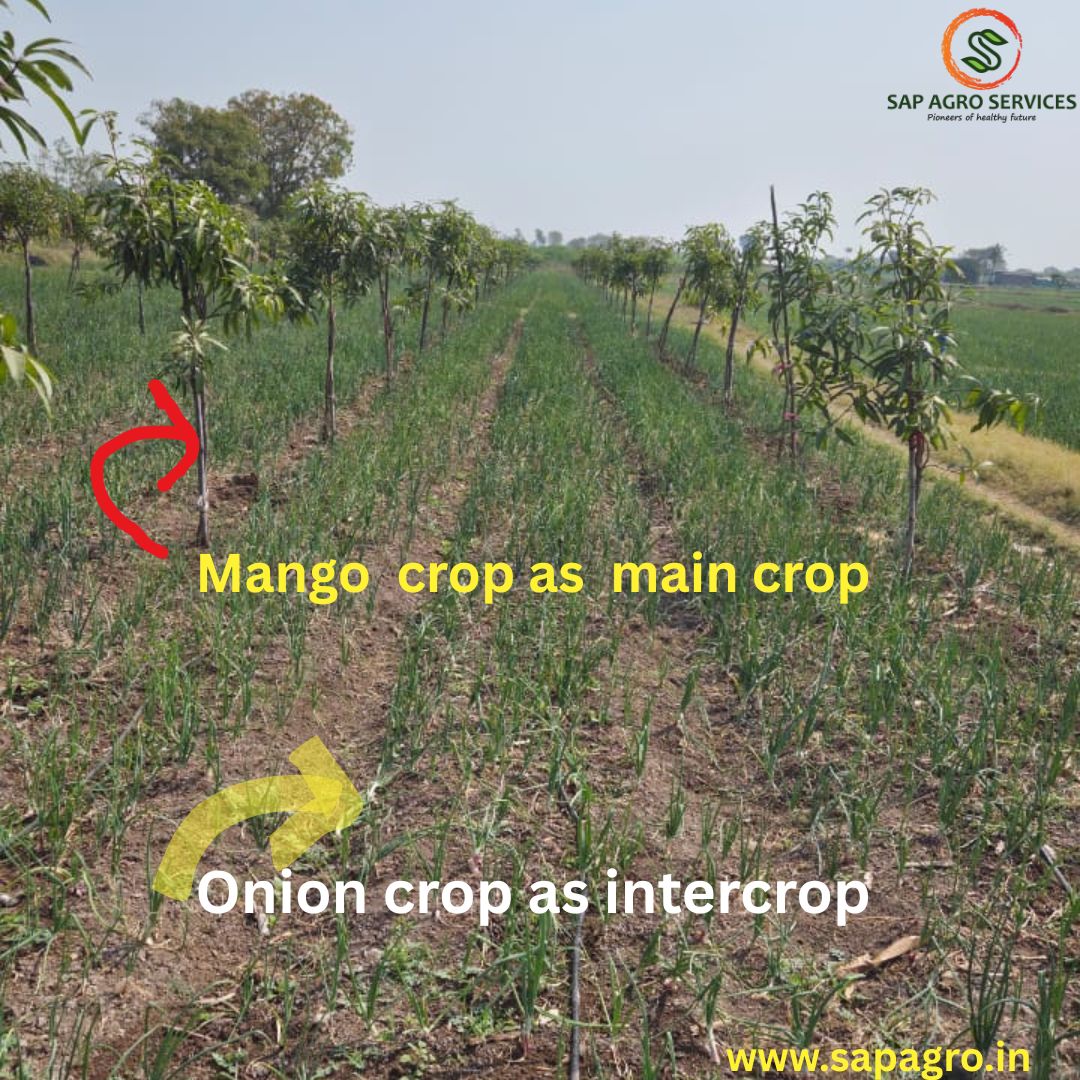
Complete Organic Farming Guide for starting your own organic Farming is a great way to get fresh, healthy food, save money, and enjoy the satisfaction of growing your own produce. As we are the best organic farming training in Panvel, Here are some tips on how to get started:
Setting up your own organic Farm: Organic farming Guide
- How to choose the right location for your garden: We offer the best organic farming training in Palghar and choosing a location for your garden, you’ll need to consider the following factors:
- Sunlight: Your garden needs to get at least 6 hours of sunlight per day. If you live in a shady area, you may need to plant your garden in containers or under grow lights.
- Soil quality: Your soil should be loose and well-drained. If your soil is heavy clay or sandy, you’ll need to add compost or other organic matter to improve drainage and fertility.
- Drainage: Your garden should not be in a low-lying area that is prone to flooding. If your garden is in a flood zone, you may need to build raised beds or plant in containers.
- How to prepare your soil for planting. Before you start planting, it’s important to prepare your soil thoroughly. This will help your plants get off to a good start and grow strong and healthy.
- Remove weeds. Weeds compete with your plants for water, nutrients, and sunlight. Remove all weeds from your garden area before you start planting.
- Add compost. Compost is a great way to improve the quality of your soil. It adds nutrients, helps to improve drainage, and retains moisture.
- Till the soil. Once you’ve added compost, you’ll need to till the soil to mix it in evenly. This will also help to break up any clumps of soil.
- How to choose the right plants for your garden. When choosing plants for your garden, you’ll need to consider the following factors:
- Climate: Make sure to choose plants that are hardy in your climate zone. You can find this information on the back of seed packets or at your local nursery.
- Sunlight: Some plants need full sun, while others can tolerate partial shade. Make sure to choose plants that will get the amount of sunlight they need.
- Space: When choosing plants, be sure to consider how much space they will need to grow. Some plants, such as tomatoes, can grow quite large.
- How to plant your seeds or seedlings. When planting seeds, it’s important to follow the instructions on the seed packet. This will ensure that your seeds are planted at the correct depth and spacing.
- For seedlings, plant them in the ground when they are about 6 inches tall. Make sure to water them well after planting.
- How to water your plants properly. How often and how much you need to water your plants will depend on the climate, the type of plants you’re growing, and the soil. In general, you should water your plants deeply and infrequently. This will help to encourage deep roots and prevent waterlogging.
- How to fertilize your plants organically. There are many organic fertilizers that you can use to fertilize your plants, such as compost, manure, and vermicompost. These fertilizers will help to improve the quality of your soil and provide your plants with the nutrients they need to grow strong and healthy.
- How to control pests and diseases organically. There are many natural ways to control pests and diseases in your garden, such as companion planting, crop rotation, and insecticidal soap. These methods are effective and safe for the environment.
- How to harvest your produce. When your plants are ready to harvest, be sure to do so carefully. Cut fruits and vegetables with a sharp knife or scissors, and avoid damaging the plants.
Tips for owning your own organic farm
- Do your research. There are many resources available to help you learn about organic gardening. You can find books, websites, and even local gardening clubs that can provide you with information and support.
- Start small. Don’t try to do too much too soon. Start with a small garden and gradually add plants as you gain experience.
- Have fun. Gardening is a great way to get outdoors and enjoy nature. So relax, have fun, and enjoy the process of growing your own food.
- Create a plan. Before you start planting, take some time to create a plan for your garden. This will help you choose the right plants for your space and climate, and it will also help you make sure that your garden is well-organized.
- Keep a garden journal. This is a great way to track your progress, learn from your mistakes, and plan for future gardening seasons. You can record things like the dates you planted your seeds, the weather conditions, and any pests or diseases that you encountered.
- Get involved in the community. There are many local gardening clubs and organizations that can provide you with support and resources. These groups can also be a great way to meet other gardeners and learn new techniques.
- Experiment. Don’t be afraid to experiment with different plants, techniques, and fertilizers. The best way to learn about organic gardening is to try new things and see what works for you.
- Be patient. It takes time to build a successful organic garden. Don’t get discouraged if you don’t see results right away. Just keep learning and experimenting, and you’ll eventually be rewarded with a bountiful harvest.
Conclusion:
Here, we call it a day. We, as the best organic farming training in Gujarat, now hope that you have a clear idea after reading this organic farming guide. Starting your own organic garden is a great way to enjoy fresh, healthy food, save money, and reduce your environmental impact. By following the tips in this blog post, you can get started on your journey to becoming an organic gardener.
Remember to start small, be patient, and have fun! Organic gardening is a rewarding hobby that can provide you with years of enjoyment. We also have the best organic farming training in Madhya Pradesh.
You may also like best organic farming training in India, and also in you are looking for the best digital marketing course in dadar, then moving digits is the best place for you.














